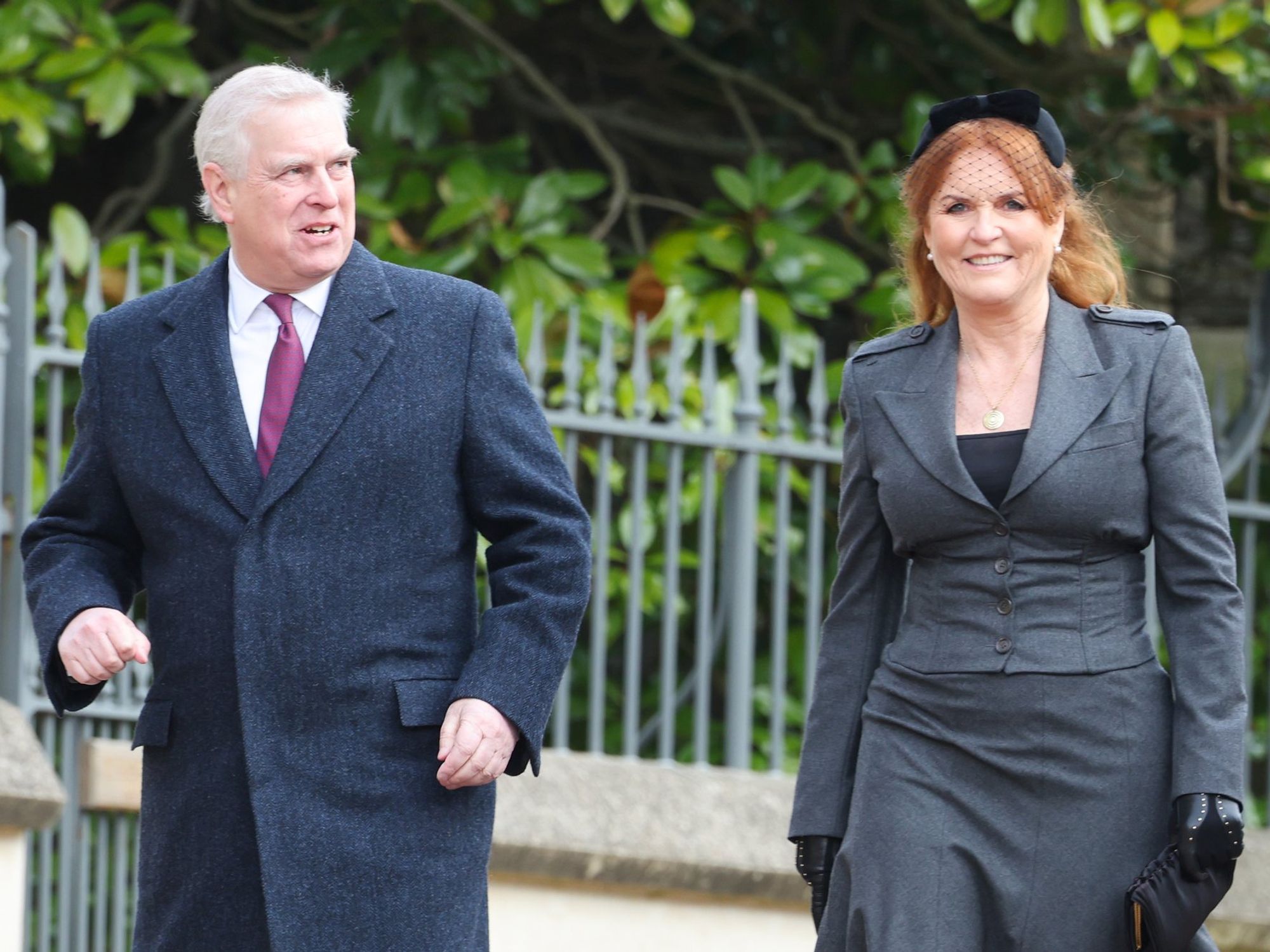Terminally ill worker sued company for not raising his £54,000 salary while he was off work for 15 years

A terminally ill worker sued his workplace for not raising his £54,000 salary for the 15 years he was on sick leave
|
The employee was signed off work in 2008 on mental health grounds
Don't Miss
Most Read
Latest
A terminally ill worker sued his workplace for not raising his £54,000 salary for the 15 years he was on sick leave.
Ian Clifford was initially signed off from tech firm IBM due to his mental health in 2008 and was later diagnosed with stage four leukaemia in 2012.
Under the company's health plan, the 50-year-old had been guaranteed to receive £54,000 a year until the age of 65 - a total of more than £1.5 million.
However, last year he sued the tech giant for disability discrimination because IBM had not reviewed his pay since 2013.

Ian Clifford was initially signed off from tech firm IBM due to his mental health in 2008
|Reuters
During the employment tribunal in Reading, the judge told Clifford that he had been given a "very substantial benefit" and "favourable treatment".
Clifford has now launched an appeal against the court ruling.
The father has spoken about his fears for his family's finances and said "it's not greedy to want a pay rise".
"I am on chemotherapy and have been for many years and have been extremely unwell," he told The Telegraph.
"Your salary affects your debt service, pension and everything else, it was more for my family.
'People may think, yes, it's generous, but firstly those amounts are gross not taxed... I do pay national insurance on those amounts. I have a son [who is] off to university. Your mortgage doesn't go down because you are sick."
Clifford began working for US software company Lotus Development in 2000 before going on sick leave in 2008 until 2013 when he raised a grievance on the grounds he had not received a pay rise nor received holiday pay in that five-year period.
IBM offered a "compromise agreement" which allowed him to be put on the company's disability plan and prevents a person who is unable to work from being dismissed.
Those on the plan have "no obligation" to work and have a "right" - until recovery, retirement or death - to be paid 75 per cent of their agreed earnings.
He was also paid £8,685 to settle his holiday pay complaints in 2013 and agreed never to raise a further grievance about the same issues.

Ian Clifford said that with inflation now running at more than 10 per cent the 'value of the payments would soon wither'
|PA
However, Clifford took IMB to an employment tribunal with new disability claims which were similar to his previous claims in February 2022.
Employment Judge Paul Housego dismissed his case.
Judge Housego said: "The claim is that the absence of increase in salary is disability discrimination because it is less favourable treatment than afforded those not disabled.
"This contention is not sustainable because only the disabled can benefit from the plan. It is not disability discrimination that the plan is not even more generous. Even if the value of the £50,000 a year halved over 30 years, it is still a very substantial benefit.
"However, this is not the issue for, fundamentally, the terms of something given as a benefit to the disabled, and not available to those not disabled, cannot be less favourable treatment related to disability. It is more favourable treatment, not less."










